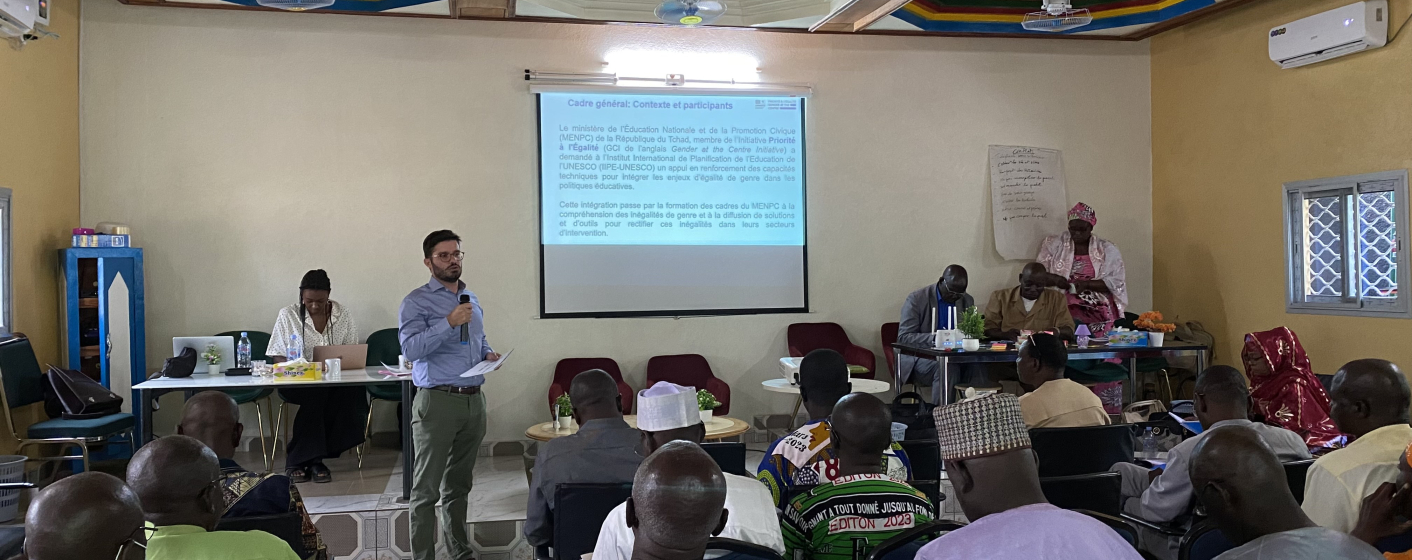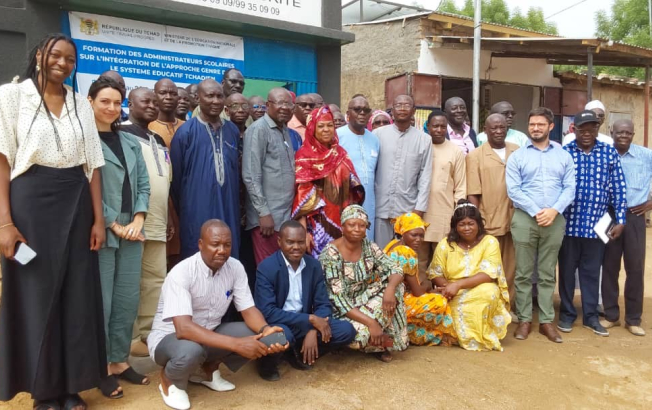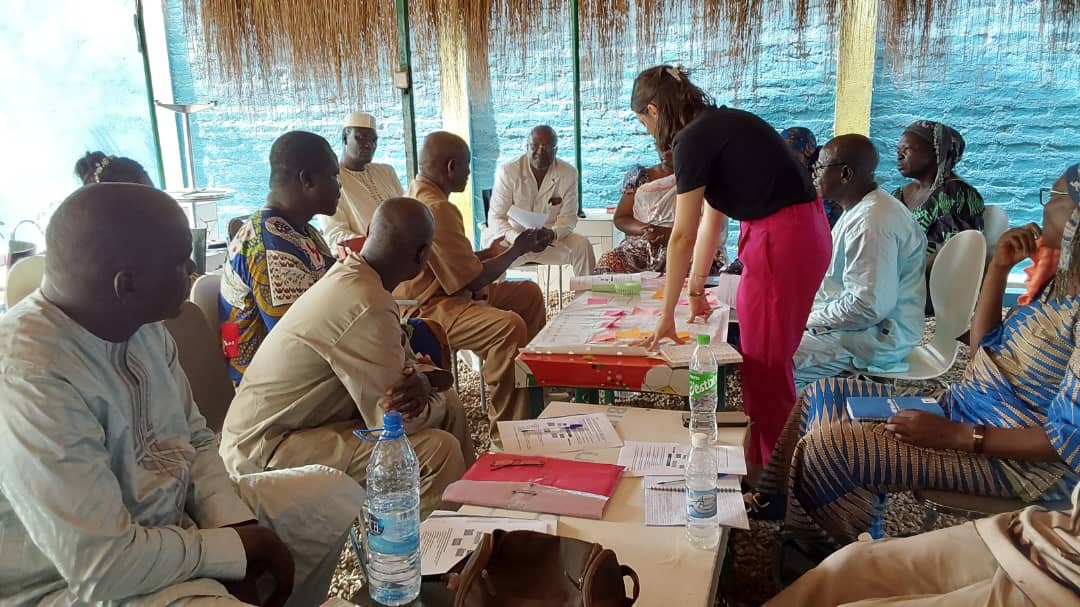Testimonials from participants on the promotion of gender equality
Three participants share their experience from this workshop and their efforts to promote gender equality
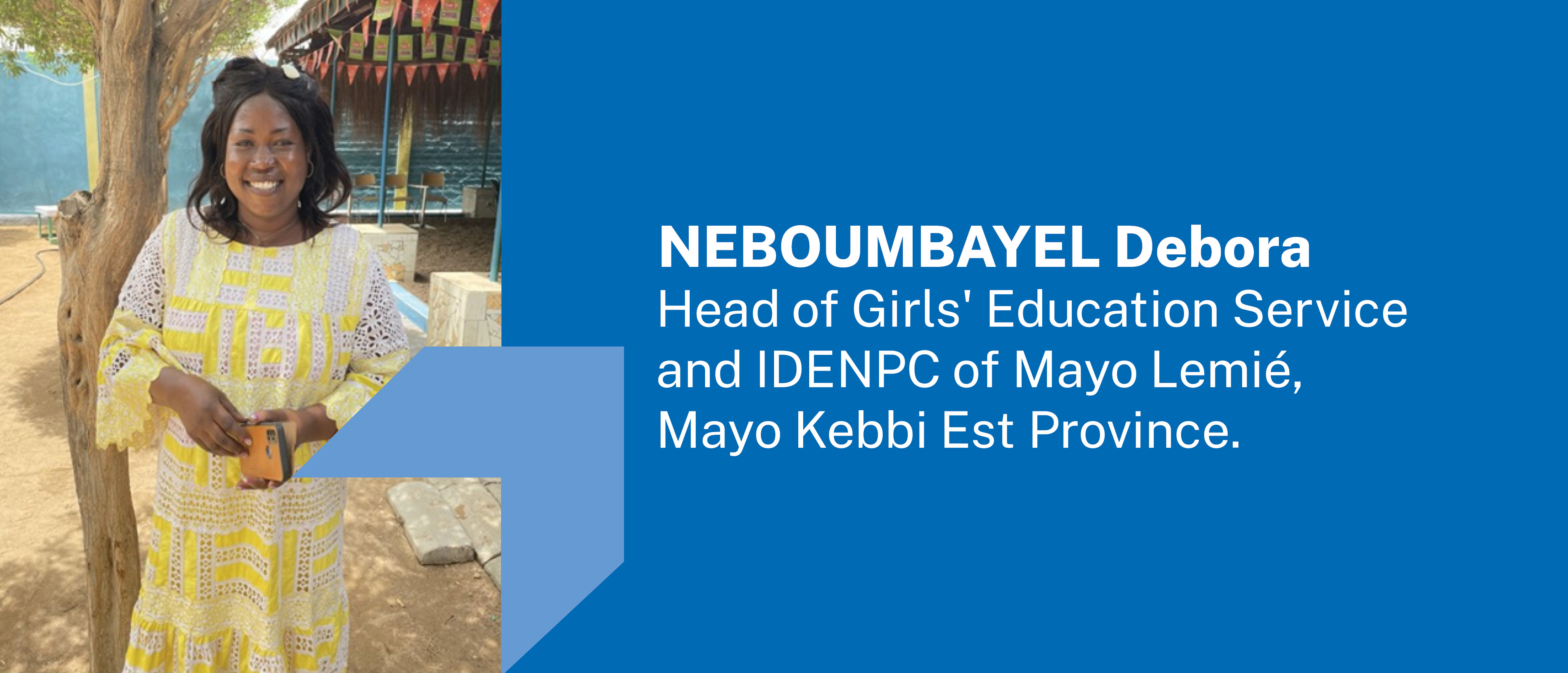
What strategies are you implementing to combat gender inequalities in the education system?
I often work with girls, bringing them together to discuss gender equality through presentations, questionnaires, and group discussions. I try to mentor them and explain the importance of girls' education. I show them that they are no different from boys, that they have the same brain and are just as intelligent. I visit schools to convey these messages and organize discussions on the barriers to girls' education and their solutions, both with students and parents. I work closely with the Associations of Parents' Mothers (AME).
What practical solutions for implementing a gender approach in the education system have you learned during this training?
This training has taught me a lot. It was the first time I attended training on these topics, and I am proud of it. I discovered how much provinces can engage in promoting girls' education. Meeting the Director of the Directorate for the Development of Girls' Education and Gender Promotion (DDEFPG) as well as my colleagues has allowed me to create a network that will help me develop projects in my province.
How has this training been helpful to you?
This training is very useful. It reminded me, and I will remind the girl students in turn, that the State and the Ministry have not forgotten them, that they are supported, and that we are mobilized to help them complete their education. It is crucial to continue offering this training and to create others. Teachers need tools to integrate a gender approach into their work, and we need training to teach them how to use these tools.
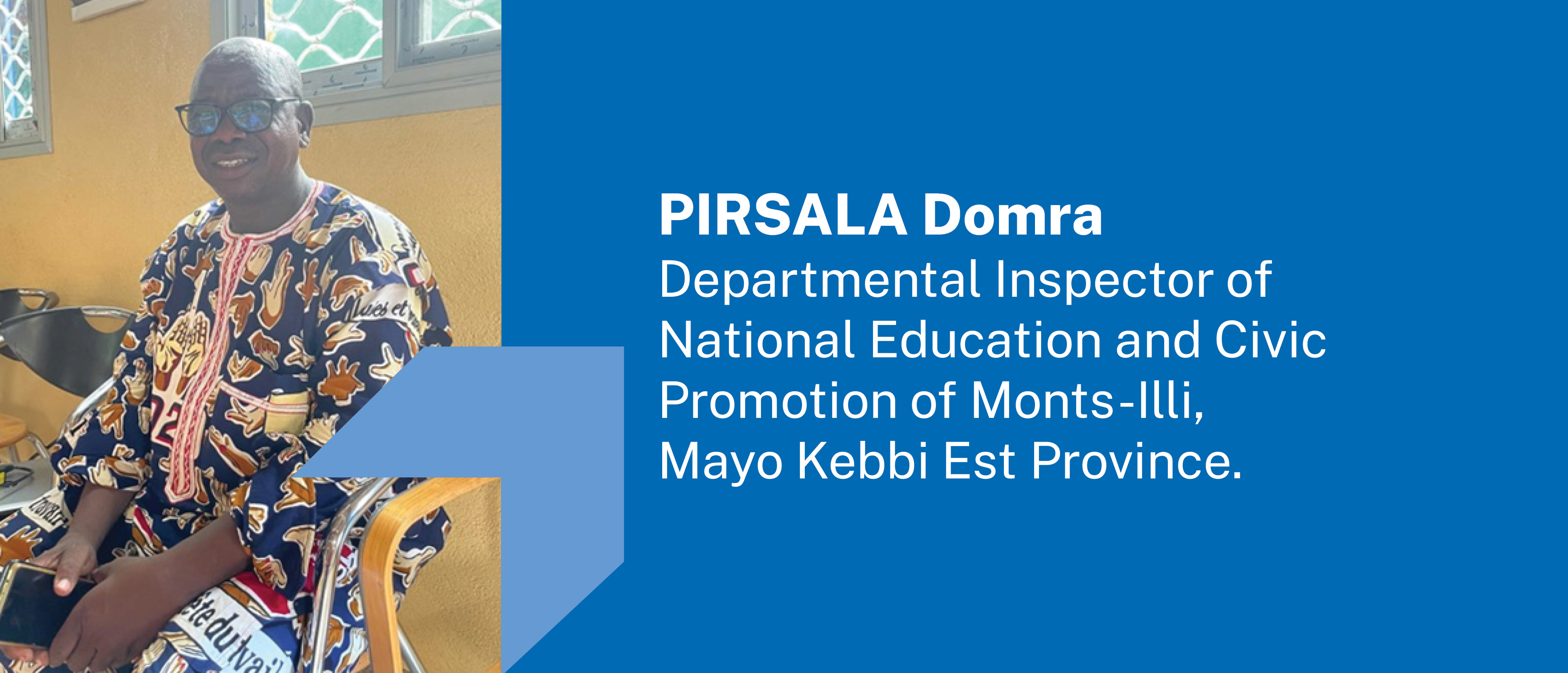
What strategies are you implementing to combat gender inequalities in the education system?
We are implementing government directives on gender equality. Our girls' education service is implementing initiatives aligned with government expectations regarding gender.
What practical solutions for implementing a gender approach in the education system have you learned during this training?
This training has taught me a lot about the concept of gender. Until now, we often reduced it to the definition of sex. The training introduced us to the sociological dimension of gender. Upon my return, I will energize our girls' education service and intensify actions to make gender issues a priority.
How has this training been helpful to you?
Pedagogically, this training has been very helpful. I learned methods to intensify our actions in the field. The training was highly participatory, which I appreciated. Learning about needs projection methods was particularly beneficial. We practiced reading and analyzing data, which is very useful. I hope this type of training will be repeated.
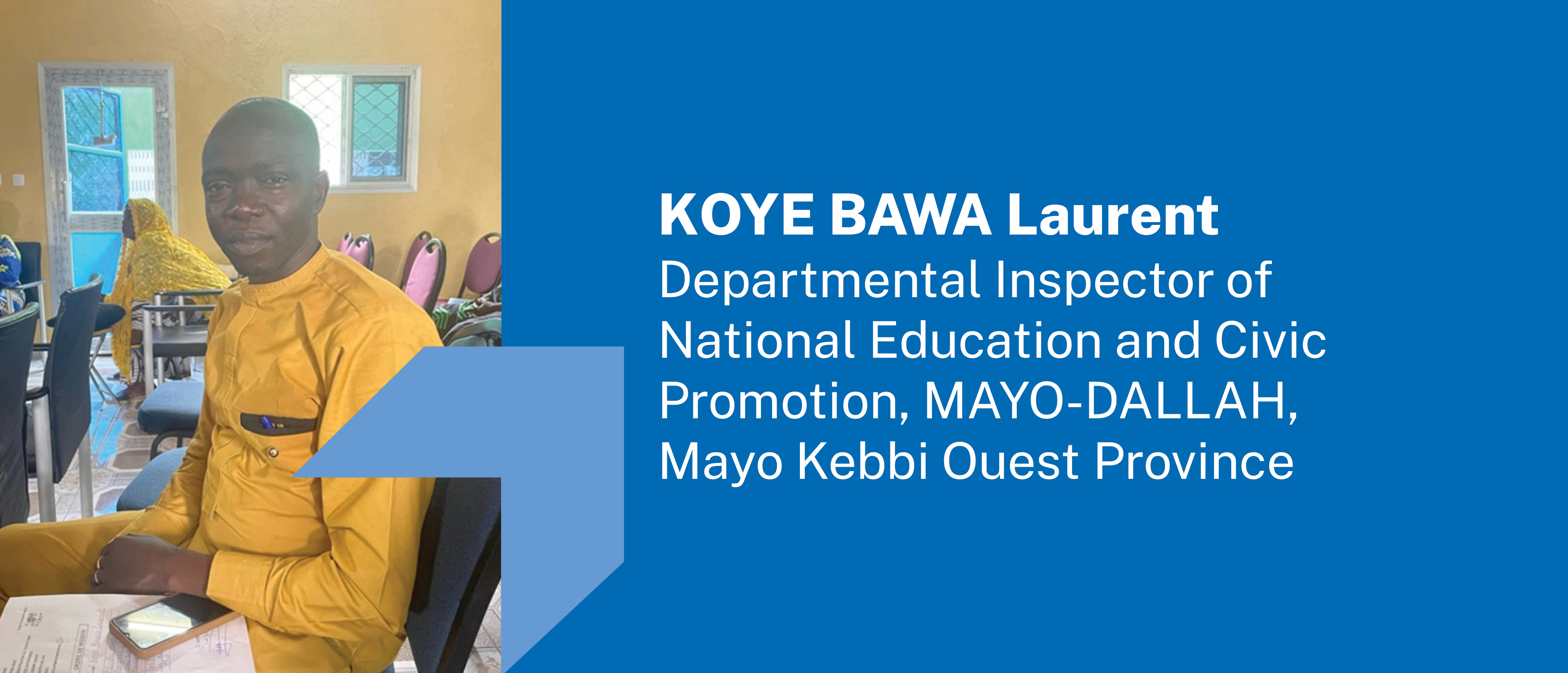
What strategies are you implementing to combat gender inequalities in the education system?
In partnership with various stakeholders, we have launched initiatives to promote girls' education. For example, with support from GiZ, we organized Excellence Awards with a special prize for girls, thus encouraging them to participate and excel. A female awardee can inspire others to follow her example. We also offer cash incentives annually, ensuring to reward several girls at the departmental or sub-prefecture level.
What practical solutions for implementing a gender approach in the education system have you learned during this training?
We received numerous tools to promote girls' education, and we will now be able to mobilize them. Exchanges with colleagues from other academies and understanding the challenges in other provinces have been very helpful. Among the solutions discussed during group work, information, communication, and education on gender equality and gender approach seem essential to me. Upon my return, I will implement communication activities to engage all stakeholders in the sector. For example, in collaboration with local partner radios, we can promote girls' education and raise awareness among parents on these issues.

